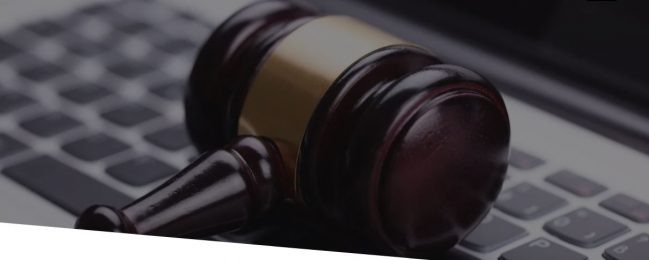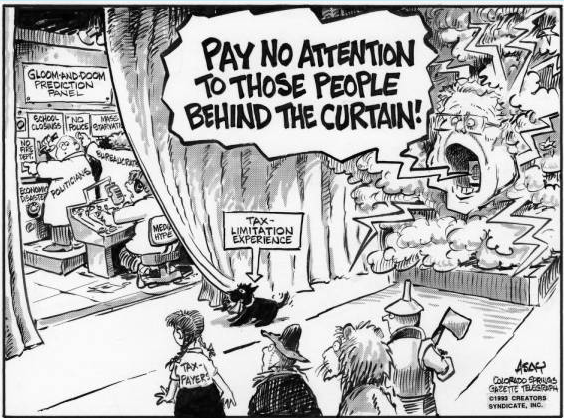Colorado Nonprofits Will Appeal Ruling That Endangers Donor Privacy
by Matt Miller
February 14, 2019
Last week, the Goldwater Institute represented two nonprofit organizations—the Colorado Union of Taxpayers Foundation and the TABOR Committee—in a Denver bench trial in Denver, Colorado with implications for privacy, free speech, and the public’s “right to know” the identities, occupations, and employers of nonprofit donors. As I discussed last week, the centerpiece of the trial was testimony from four different individuals who have worked in the nonprofit world for decades—testimony that centered on various forms of ideological harassment that each of them has endured over the years. I won’t recount that testimony here since it was the central element of my earlier post, but suffice it to say that the testimony was vivid, compelling, and painted a troubling picture of what some nonprofit employees endure at the hands of people who disagree with them.



 Proponents Carol Hedges and Steve Briggs had
Proponents Carol Hedges and Steve Briggs had 

